Neural networks
Recent articles
How insights from network theory can boost interdisciplinary efforts
Communication on one interdisciplinary research team improved after the researchers turned an analysis technique used to study the brain on themselves and identified the roles people played in lab meetings.
How insights from network theory can boost interdisciplinary efforts
Communication on one interdisciplinary research team improved after the researchers turned an analysis technique used to study the brain on themselves and identified the roles people played in lab meetings.
The 1,000 neuron challenge
A competition to design small, efficient neural models might provide new insight into real brains—and perhaps unite disparate modeling efforts.
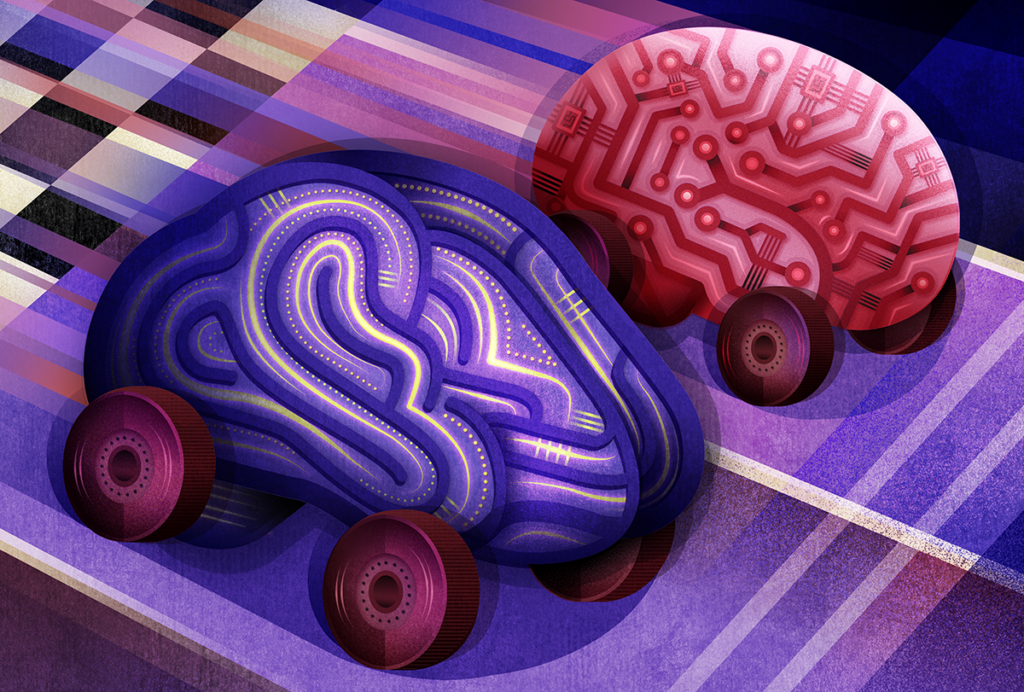
The 1,000 neuron challenge
A competition to design small, efficient neural models might provide new insight into real brains—and perhaps unite disparate modeling efforts.
Exclusive: Springer Nature retracts, removes nearly 40 publications that trained neural networks on ‘bonkers’ dataset
The dataset contains images of children’s faces downloaded from websites about autism, which sparked concerns at Springer Nature about consent and reliability.

Exclusive: Springer Nature retracts, removes nearly 40 publications that trained neural networks on ‘bonkers’ dataset
The dataset contains images of children’s faces downloaded from websites about autism, which sparked concerns at Springer Nature about consent and reliability.
What are the most-cited neuroscience papers from the past 30 years?
Highly cited papers reflect the surge in artificial-intelligence research in the field and other technical advances, plus prizewinning work on analgesics, the fusiform face area and ion channels.

What are the most-cited neuroscience papers from the past 30 years?
Highly cited papers reflect the surge in artificial-intelligence research in the field and other technical advances, plus prizewinning work on analgesics, the fusiform face area and ion channels.
Releasing the Hydra with Rafael Yuste
Losing HHMI Investigator status prompted Yuste to study neural networks in a new way.
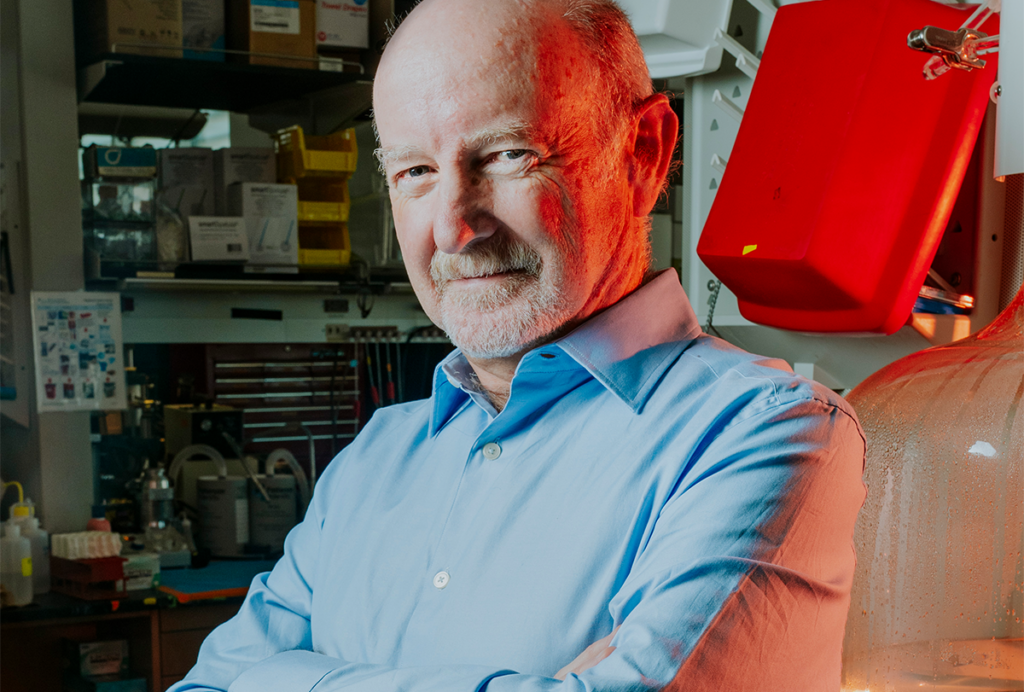
Releasing the Hydra with Rafael Yuste
Losing HHMI Investigator status prompted Yuste to study neural networks in a new way.
2025 Brain Prize honors pair of cancer neuroscientists
Michelle Monje and Frank Winkler share the $1.4 million award for their discovery of synapses between brain cancer cells and neurons.

2025 Brain Prize honors pair of cancer neuroscientists
Michelle Monje and Frank Winkler share the $1.4 million award for their discovery of synapses between brain cancer cells and neurons.
Cell ‘fingerprints’ identify distinct cortical networks
These networks align with different assemblages of cells, a finding that could reveal how cellular diversity influences brain function, according to a new study.
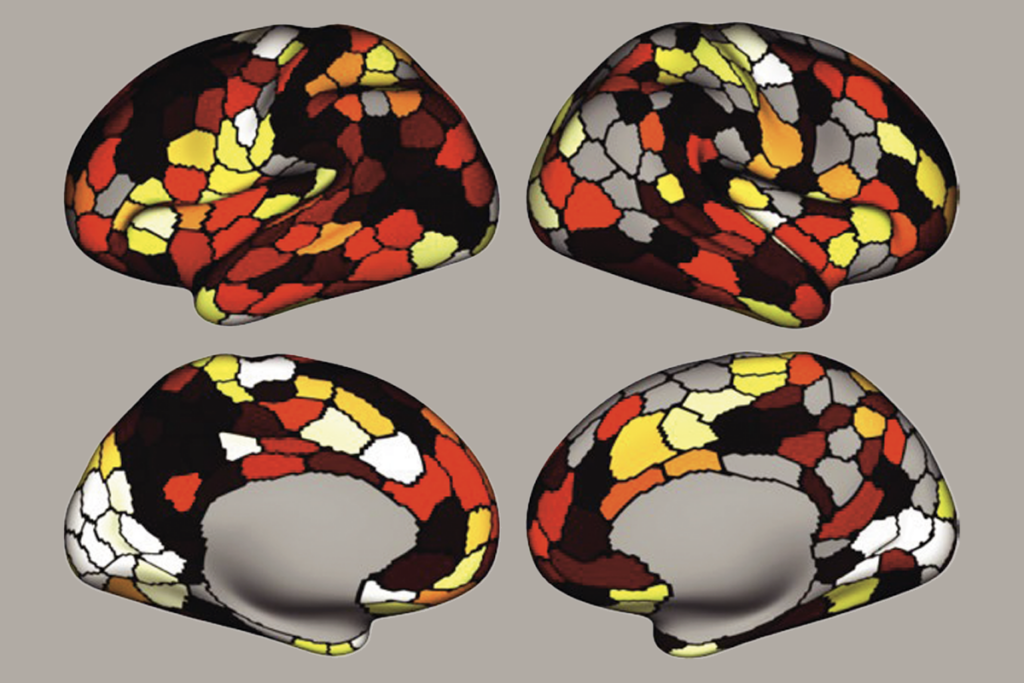
Cell ‘fingerprints’ identify distinct cortical networks
These networks align with different assemblages of cells, a finding that could reveal how cellular diversity influences brain function, according to a new study.
The brain holds no exclusive rights on how to create intelligence
Many of the recent developments underlying the explosive success of artificial intelligence have diverged from using neuroscience as a source of inspiration—and the trend is likely to continue.
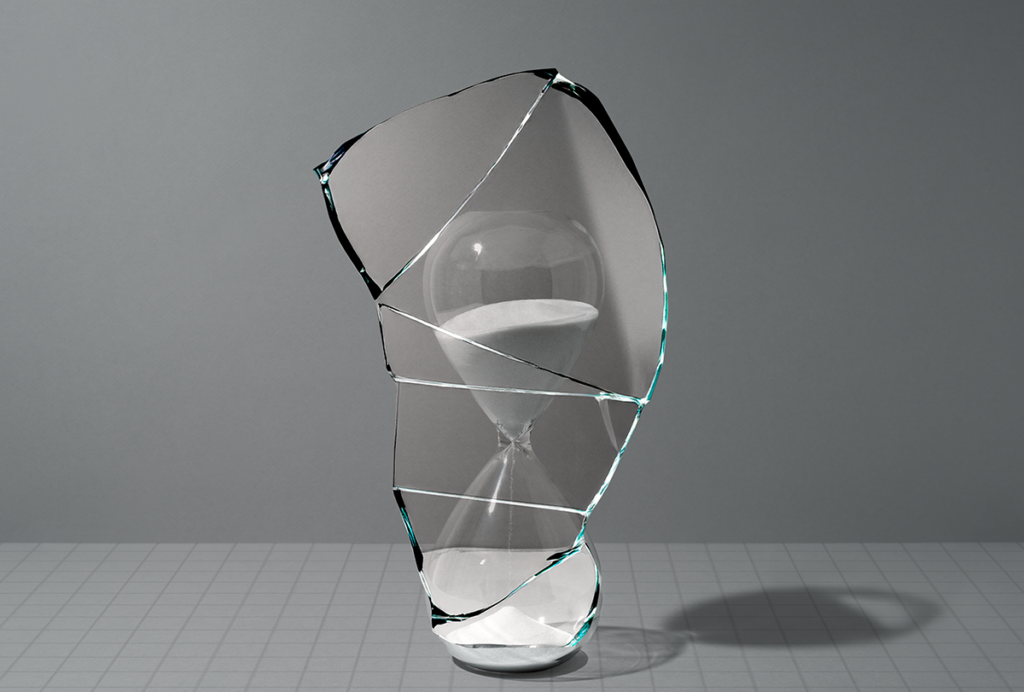
The brain holds no exclusive rights on how to create intelligence
Many of the recent developments underlying the explosive success of artificial intelligence have diverged from using neuroscience as a source of inspiration—and the trend is likely to continue.
This paper changed my life: ‘A massively parallel architecture for a self-organizing neural pattern recognition machine,’ by Carpenter and Grossberg
This paper taught me that we can use mathematical modeling to understand how neural networks are organized—and led me to a doctoral program in the department led by its authors.
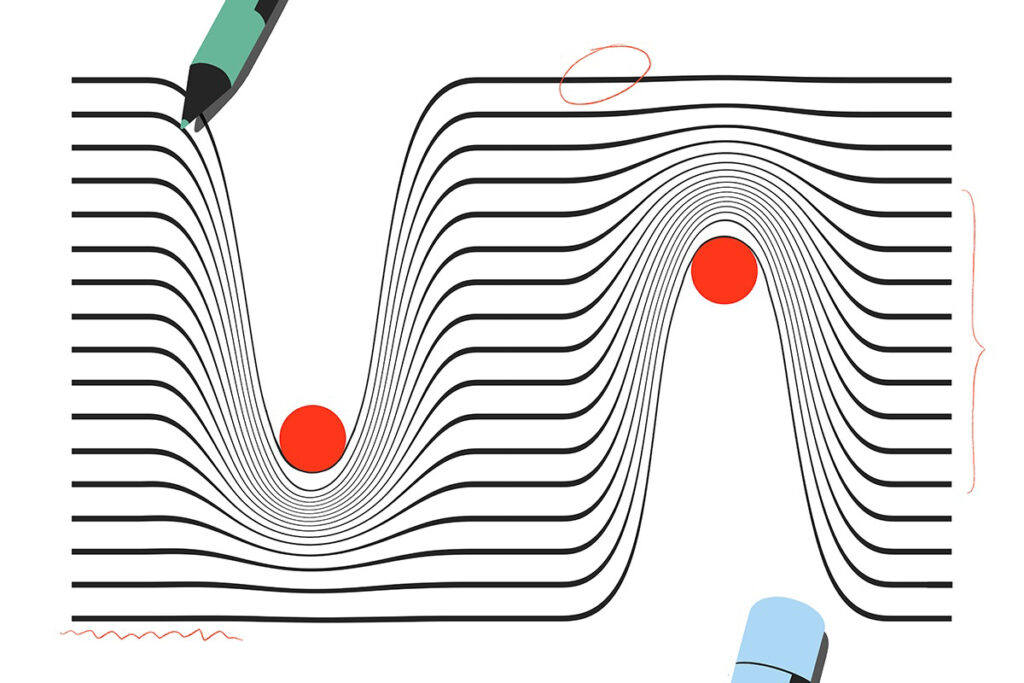
This paper changed my life: ‘A massively parallel architecture for a self-organizing neural pattern recognition machine,’ by Carpenter and Grossberg
This paper taught me that we can use mathematical modeling to understand how neural networks are organized—and led me to a doctoral program in the department led by its authors.
What are recurrent networks doing in the brain?
The cortex is filled with excitatory local synapses, but we know little about their role in brain function. New experimental tools, along with ideas from artificial intelligence, are poised to change that.
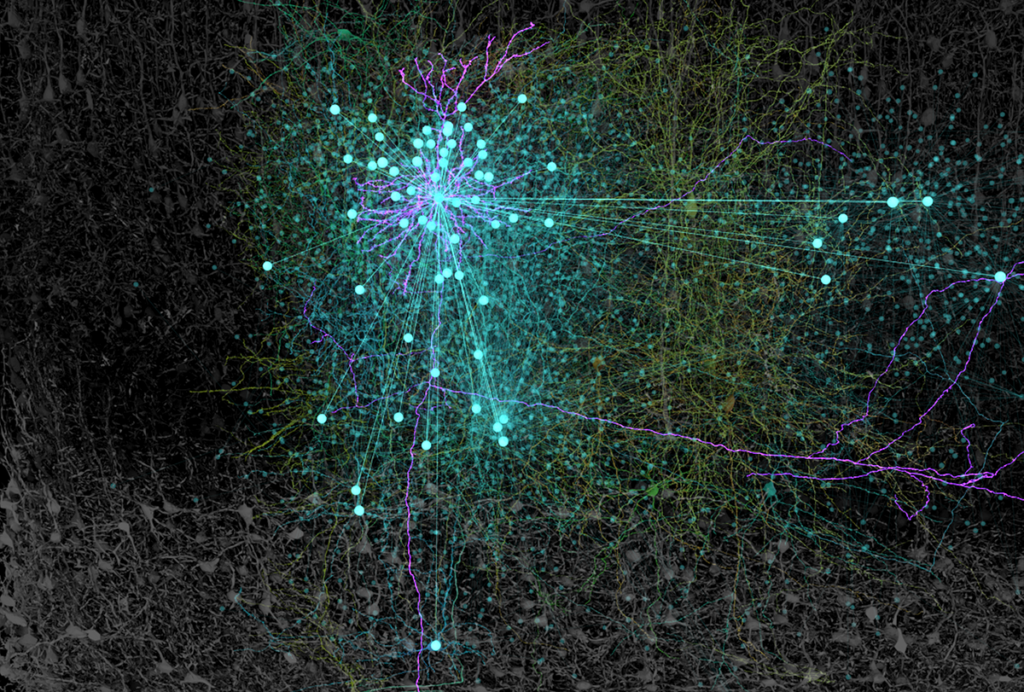
What are recurrent networks doing in the brain?
The cortex is filled with excitatory local synapses, but we know little about their role in brain function. New experimental tools, along with ideas from artificial intelligence, are poised to change that.
Explore more from The Transmitter
Neuro’s ark: Spying on the secret sensory world of ticks
Carola Städele, a self-proclaimed “tick magnet,” studies the arachnids’ sensory neurobiology—in other words, how these tiny parasites zero in on their next meal.

Neuro’s ark: Spying on the secret sensory world of ticks
Carola Städele, a self-proclaimed “tick magnet,” studies the arachnids’ sensory neurobiology—in other words, how these tiny parasites zero in on their next meal.
Autism in old age, and more
Here is a roundup of autism-related news and research spotted around the web for the week of 2 March.

Autism in old age, and more
Here is a roundup of autism-related news and research spotted around the web for the week of 2 March.
Lack of reviewers threatens robustness of neuroscience literature
Simple math suggests that small groups of scientists can significantly bias peer review.

Lack of reviewers threatens robustness of neuroscience literature
Simple math suggests that small groups of scientists can significantly bias peer review.